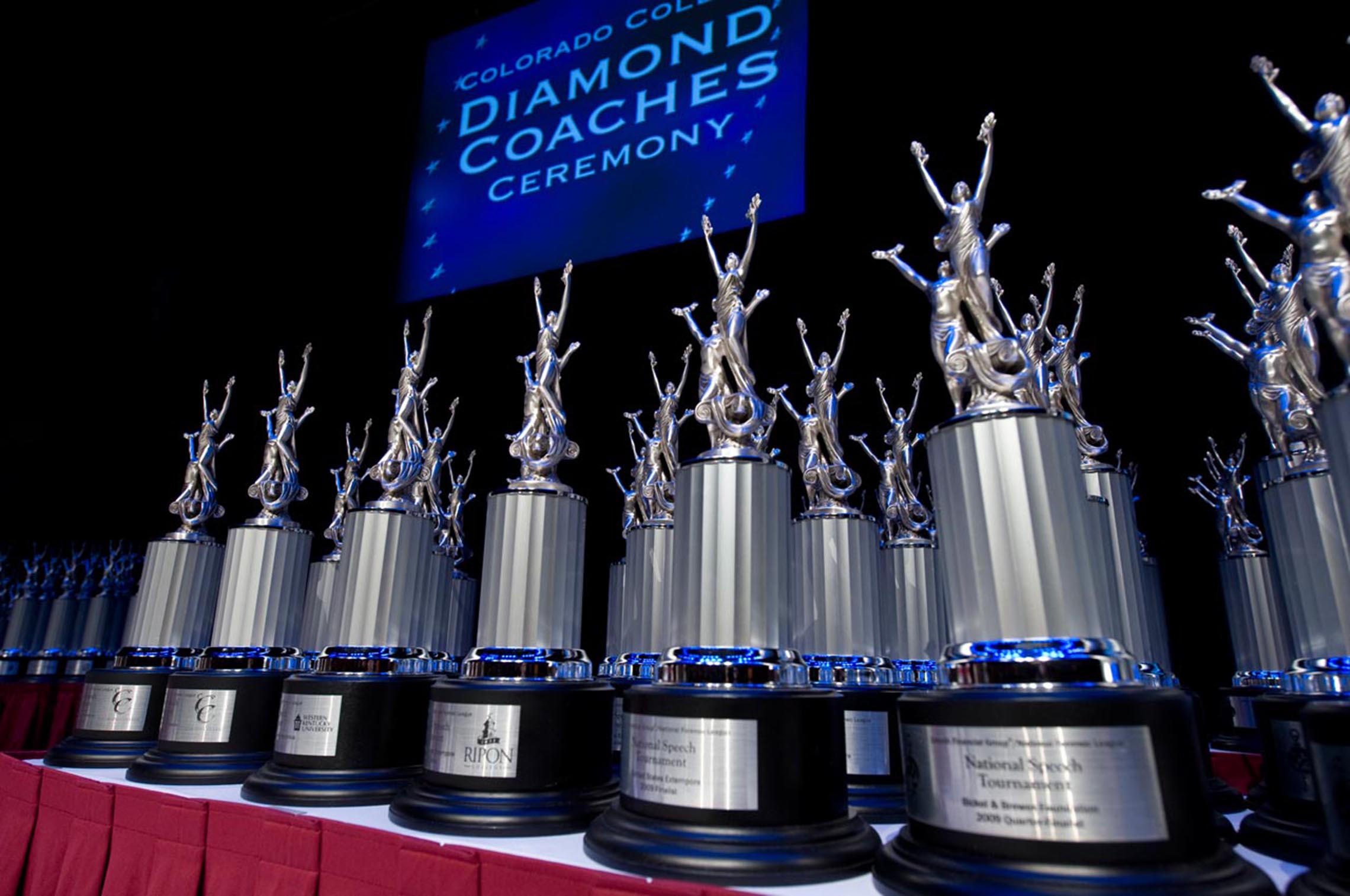by Monica Coscia
 Monica Coscia competed in extemp for Montville Township High School in Montville, New Jersey. She was the 2014 NCFL National Champion in extemp, state runner-up in United States extemp, and the extemp CFL point leader for the Newark district. She also has broken at Yale, Princeton, and Harvard and has coached middle school forensics. Monica now studies political science and history in the honors program at Boston College and competes on the mock trial team.
Monica Coscia competed in extemp for Montville Township High School in Montville, New Jersey. She was the 2014 NCFL National Champion in extemp, state runner-up in United States extemp, and the extemp CFL point leader for the Newark district. She also has broken at Yale, Princeton, and Harvard and has coached middle school forensics. Monica now studies political science and history in the honors program at Boston College and competes on the mock trial team.
The best part about winning the NCFL extemp championship wasn’t the trophy or the title. It wasn’t being the first national champion for my school and my amazing coach, although that was a close second. Rather, the legacy that I hope I left with my NCFL championship is the lesson that, even in the world of competitive speech and debate, the underdogs can win. CFL Nationals, unlike other prestigious tournaments like NSDA Nationals and the TOC, is anyone’s tournament to win. This is not to say that one can win the title without practice and effort, but you don’t necessarily need years of speech camp and tons of national tournament breaks to be successful here. Sure, I had broken at a few national tournaments, finaled at states, and had been to NCFLs once before, but I had never broken past semis at a national tournament. It’s difficult to ignore the fact that people say I shouldn’t have won, but I would like to believe that this wasn’t a complete fluke. I knew who my audience was, and I catered to that audience. The key to this tournament is being cognizant of who you are speaking to, and gearing your already talented skill set to them. I hope that the following advice is even the least bit helpful to your participation in NCFLs, because anyone who truly dedicates his/herself to practicing for this tournament has the ability succeed here.






